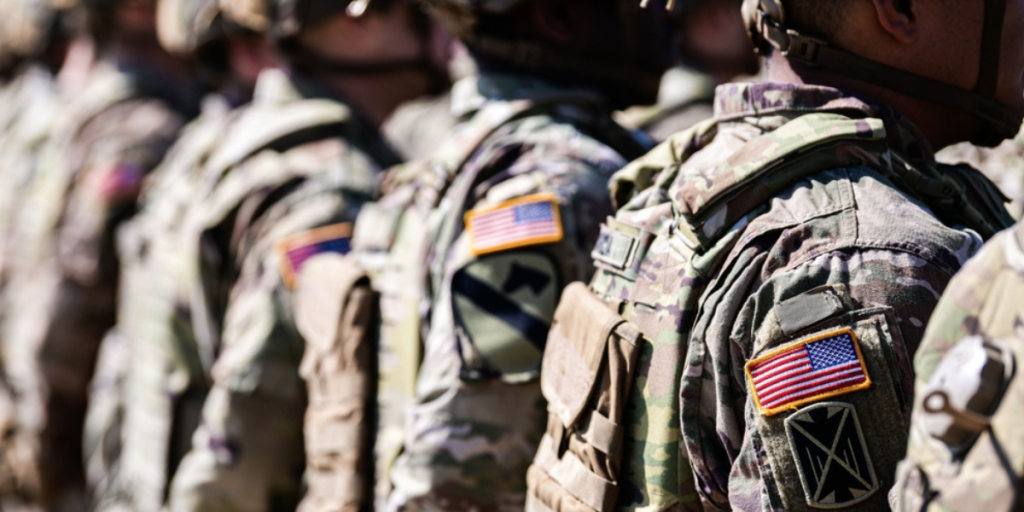Washington Lifts Arms Ban
Others are reading now
Washington Lifts Arms Ban
A Strategic Reset in Southeast Asia
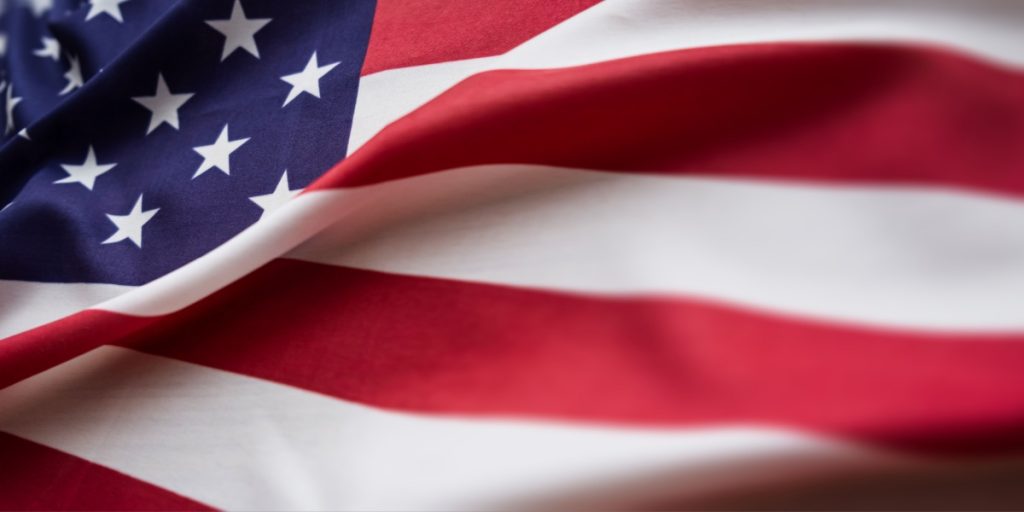
In a rare diplomatic reversal, the United States has lifted its four-year arms embargo on Cambodia — a move signaling renewed engagement with one of China’s closest partners in the region.
The decision not only reopens military cooperation but also revives a key joint exercise last held in 2017, suggesting a broader recalibration of Washington’s Indo-Pacific strategy.
Washington Ends the Embargo
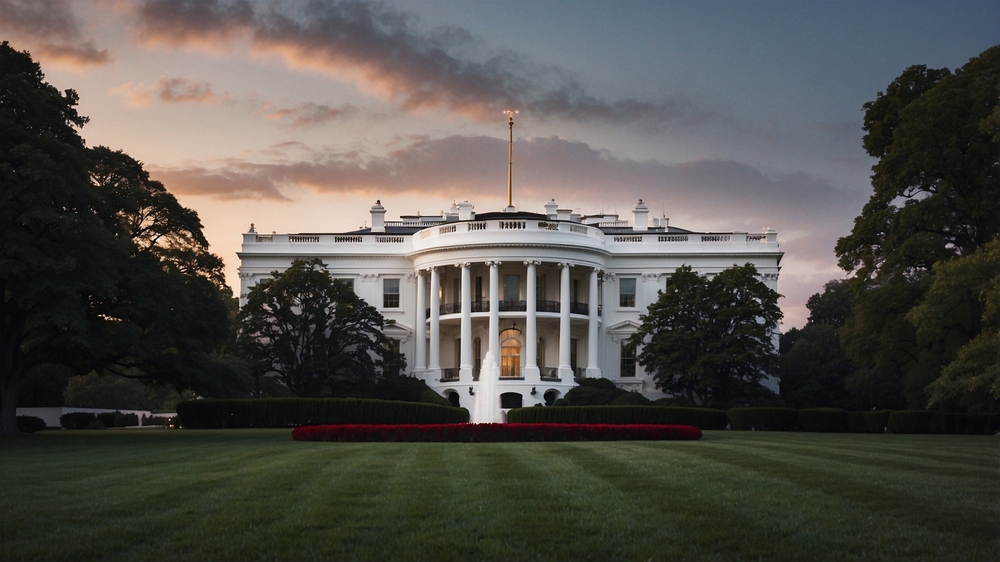
According to Military Times, the announcement came during last month’s ASEAN Leaders Summit in Kuala Lumpur, following a meeting between President Donald Trump and Cambodian Prime Minister Hun Manet.
The U.S. Mission to ASEAN said in an Oct. 26 statement that Cambodia’s “diligent pursuit of peace and security” had led to the decision. Secretary of State Marco Rubio formally ended the 2021 embargo through a Federal Register notice, adding that future arms sales would be reviewed case by case.
Also read
The decision accompanies plans to expand Cambodian officer training slots at American institutions such as West Point and the Air Force Academy — schools that once trained Hun Manet himself.
Angkor Sentinel Returns

The bilateral exercise Angkor Sentinel, suspended since 2017, will now resume between the U.S. Army Pacific and the Royal Cambodian Army. The drills will again emphasize peacekeeping operations, humanitarian engineering, and medical readiness.
Former Prime Minister Hun Sen, who still wields significant political influence, welcomed the move, framing it as part of Cambodia’s “highest national priority” — the preservation of peace and regional stability.
Analysts view the resumption as a tangible signal of trust rebuilding between the two militaries after years of estrangement.
From Tensions to Tactical Cooperation
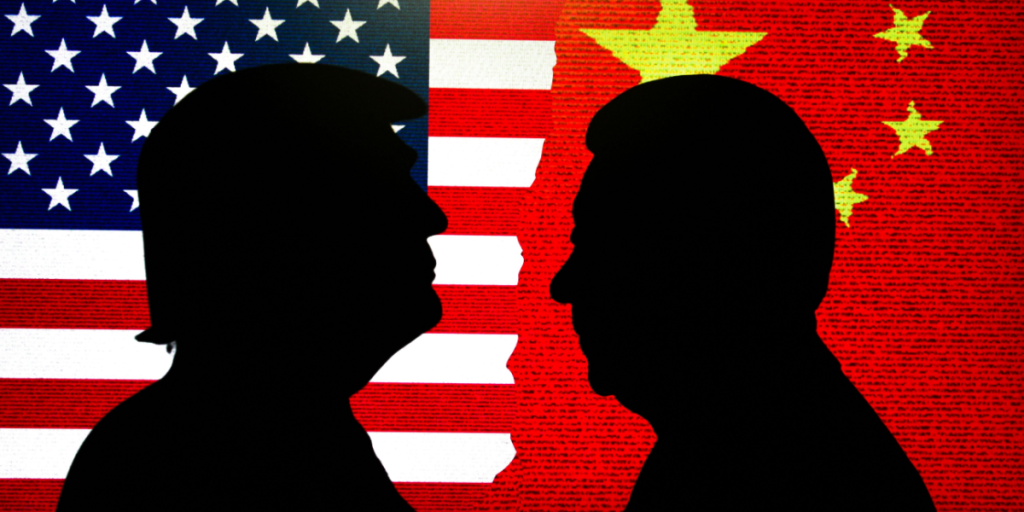
Relations between Washington and Phnom Penh had deteriorated sharply after 2017, when concerns over human-rights abuses and Chinese influence led to sanctions, the end of joint training, and the arms ban.
Also read
In reversing course, the U.S. cited Cambodia’s expanded cooperation in countering transnational crime, including online scam networks and narcotics trafficking — enterprises that U.S. agencies say steal over $10 billion annually from Americans.
A Fragile Balancing Act
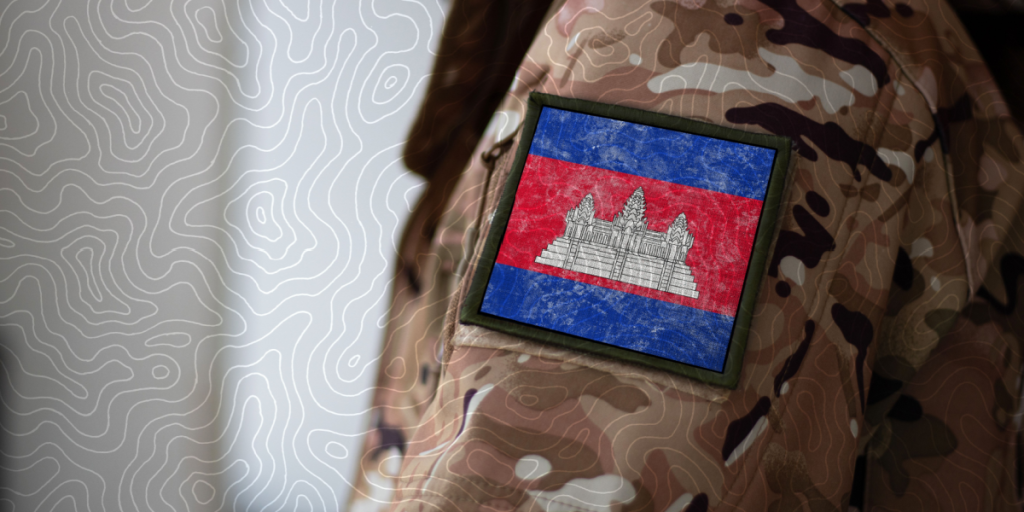
Cambodia’s shift comes amid a weakened economy and fading Chinese investment, compounded by domestic scandal and the U.S. Treasury’s recent $14 billion cryptocurrency seizure from Prince Bank — whose Chinese founder now faces U.S. fraud indictments.
Hun Manet’s government has since emphasized neutrality, offering Ream’s facilities to navies of all “friendly nations.” Recent port calls by U.S., Japanese, and Vietnamese warships suggest a cautious but visible diversification of Cambodia’s defense ties.
SThe Regional Implications

The lifting of the embargo marks more than a bilateral thaw — it signals a subtle reshaping of Southeast Asia’s strategic map.
Cambodia gains diplomatic flexibility; the U.S. gains a foothold where China once held near-exclusive influence. Whether this rapprochement endures will depend on transparency, governance, and genuine independence from Beijing’s orbit.
Also read
But for now, the message is clear: Washington is back in Phnom Penh’s playbook.

